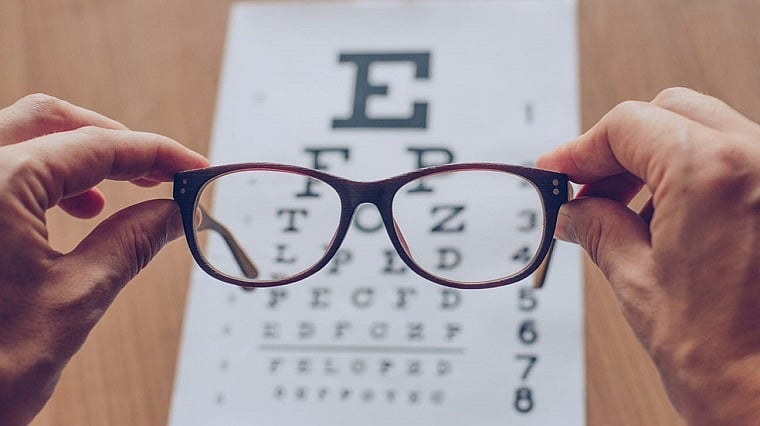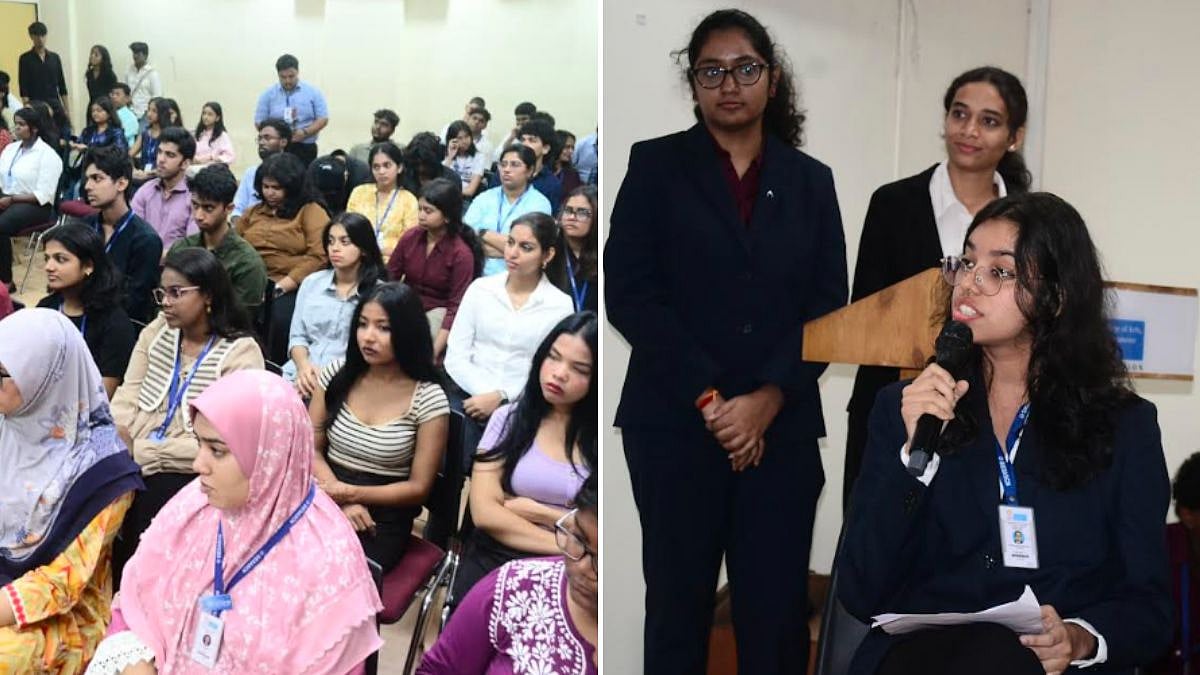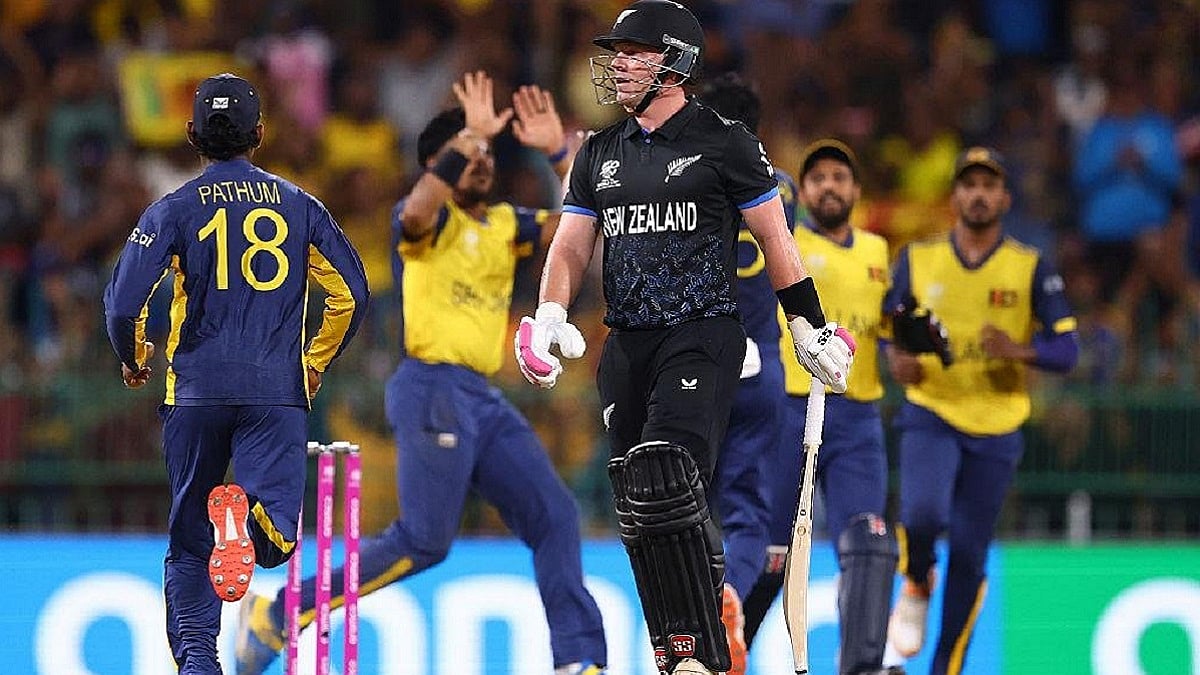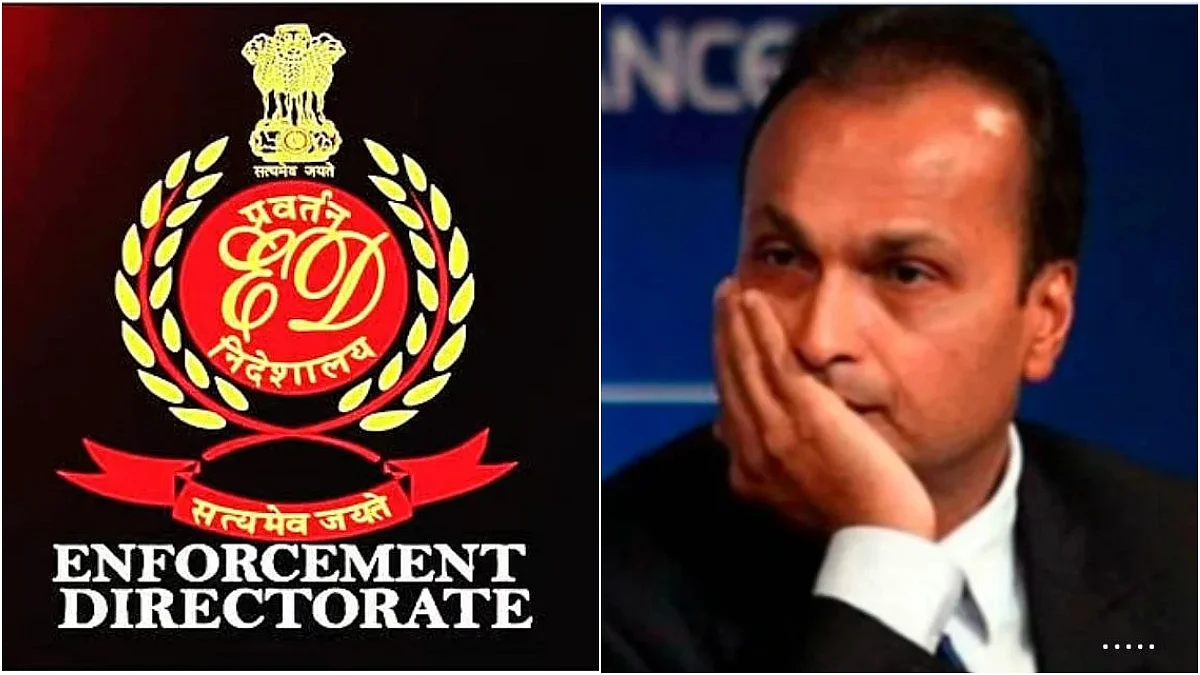A recent media report, quoting a survey collated by the UK-based Feel-Good Contacts, reported that Indians suffered maximum damage to eyesight globally due to increased screen time as education, work and entertainment moved online because of coronavirus-induced lockdowns.
The survey said that as many as 27.5 crore Indians, or nearly 23% of the population, saw their eyesight weakening because of excessive screen time, even though other factors such as cataract, glaucoma and age-related macular degeneration also impacted the eyesight.
The report noted that lockdowns and social distancing had been major contributors to the growth in screen time as people stayed locked at home for long periods.
Alarming? Yes. Surprising? No.
Here’s why. Several studies, including those by Lancet Global Health and the World Health Organisation, have put Indians at a huge risk of diabetes and glaucoma-induced vision problems, including complete blindness.
That India is a world capital of diabetes is a sad and known fact; what we Indians still haven’t realised is the many complications we have to deal with because of the burgeoning cases of diabetes in the country.
Losing ‘vision’
Human aspirations drive the world economy. Every person aspires to own a house, a vehicle, and the basic necessities that our ancestors considered a luxury. Modern times are such that aspirations keep growing. A bigger car, a better phone, a holiday home, foreign holiday, bigger and smarter TVs… the list keeps growing.
In the middle of this race to give ourselves a better life, are we able to manage our finances to tackle medical emergencies? Are we every month keeping aside a portion of our incomes to prevent ailments? Most Indian middle-class and lower middle-class house holds end up in a medical poverty trap when confronted with a life-threatening ailment.
Why preventive healthcare?
The primary factors for vision problems among Indians are 1: Diabetic retinopathy; 2: AMD or age-related macular degeneration including cataract; 3: UV light; 4: Blue light.
As in the case of UV light, sunlight is the main source of blue light. But there are also man-made, indoor sources of blue light, including fluorescent and LED lighting and flat-screen TVs. Most notably, the display screens of computers, electronic notebooks, smartphones and other digital devices emit significant amounts of blue light.
In all four factors, preventive healthcare and use of natural products can prevent and reverse vision damage. Medical science has enough evidence that Type 2Diabetes – the main cause of diabetic retinopathy – is almost always preventable even in families with a history of the disease through exercise and right food choices.
It is important to quote here a report prepared by the Lancet Global Health Commission on global eye health. Titled Global Eye Health: Vision Beyond 2020, the report said that last year (2020), an estimated 596 million people worldwide had distance vision impairment and a further 510 million had uncorrected near vision impairment.
Most of these people live in low-income and middle-income countries (India comes under this category). The report further said that the global prevalence of diabetes, the main cause of vision impairment, had tripled in the past 20 years.
The increase, mainly in Type 2 Diabetes, is attributed to dietary and lifestyle changes related to urbanisation, population growth, and increasing life expectancy. It further said that “almost everyone will experience impaired vision or an eye condition during their lifetime and require eye care services”.
Catch them young
While households can immediately start investing in preventive healthcare and the nutra companies will surely take steps to bring in the best and the safest products to every home, the Government of India must, without any further delay, introduce preventive healthcare in school curriculums.
Let me give you an example of an initiative we had undertaken in rural Karnataka which involved families of around 1,500 farmers as part of corporate social responsibility activities. In one of our surveys we found ina particular village most kids suffering from dysentery.
Further investigation revealed the main cause of the problem was due to lack of proper hygiene such as not washing of hands.
We organised a camp that solely focused on children, where more than 500 kids were taught to wash hands in a correct way, and frequently. These children, in turn, got their parents and other family members to follow the hygiene protocols and soon enough, the cases of dysentery in the village came down to nil.
The Government of India and the education sector need to show vision here, pun intended. The ideal way to create a healthy society is to create and invest in preventive healthcare system, and for that to happen, the beginning must be from the school classrooms.
Remember how Apple founder Steve Jobs in 1982 created the ‘Kids Can’t Wait’ programme and donated a computer to each of around 9,000 elementary and secondary schools in California. And the rest, as they say, is history.
It will be downright stupid of us as a nation to let the people of India continue to suffer from vision problems even after knowing that there are tools available to prevent and reverse some of the damage.
(Sanjaya Mariwala is Executive Chairman & Managing Director for Omni Active Health Technologies)




